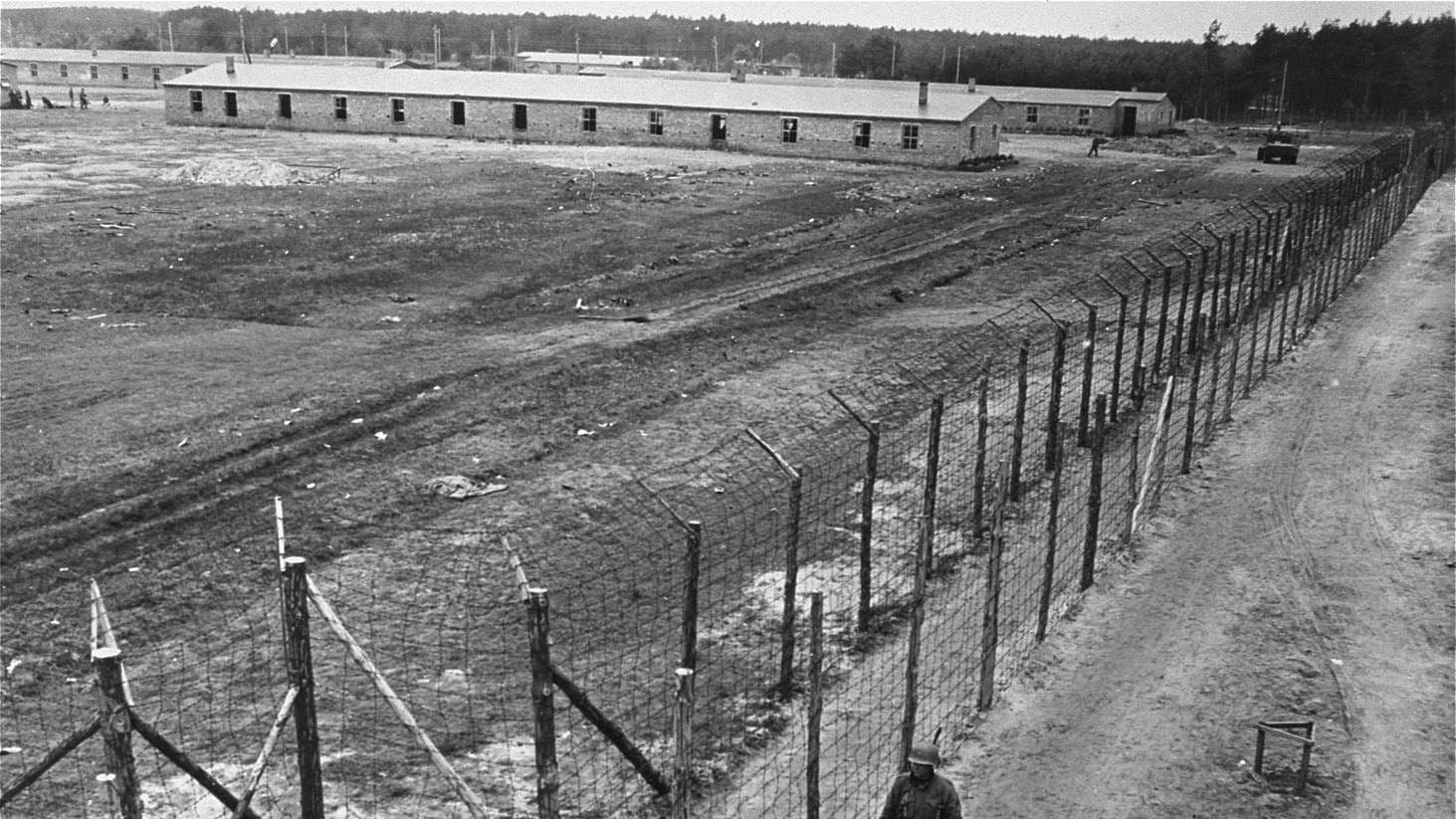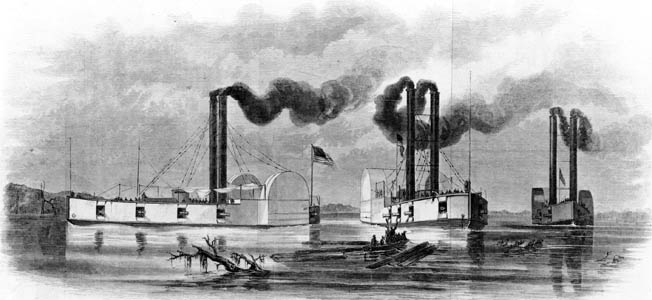There is no statute of limitations when it comes to the Holocaust.
In February 2021, a 95-year-old woman who was the secretary to Lt. Col. Paul-Werner Hoppe, the SS commandant of Stutthof, a brutal concentration camp near modern-day Gdansk, Poland, was charged with aiding and abetting mass murder. It is estimated that about 65,000 prisoners died there during World War II.
The woman, named in the media as Irmgard F., who lives in an elder-care facility near Hamburg, was charged in relation to “more than 10,000 cases.”
Stutthof was established in 1939, and guards began using gas chambers there in June 1944. Soviet troops liberated it in May 1945, as the war was ending. According to the BBC, “about 100,000 inmates were kept at Stutthof in atrocious conditions; many died of disease and starvation, some were gassed and others were given lethal injections.” The victims were Jews, non-Jewish Poles, and captured Soviet soldiers.
A juvenile court in Schleswig-Holstein is considering whether the ex-secretary’s case should go to trial. At the time of the crimes she was under 21, so she was considered a minor.
Discovered by the Red Army on May 9, 1945, Stutthof (which I visited in 2016) was the last concentration camp to be liberated.
Also in February 2021, the U.S. sent back to Germany Friedrich Karl Berger, who had been living in Tennessee. He had been a guard at a Nuengamme sub-camp near Meppen, Germany, and was found guilty in a 2020 trial.
In the other case, in July 2020, Bruno Dey, a 93-year-old former guard at Stutthof, was found guilty of complicity in the murder of more than 5,000 prisoners. Dey, who had manned a guard tower, was tried in a juvenile court because he was 17 at the time the atrocities at the camp were carried out (between August 1944 and April 1945), according to the indictment.
During the trial, which lasted nine months, Dey listened to witness statements but maintained he had been forced into his role as a guard at the camp and had not been involved in the killings.
A historian testified that Dey had been sent to the camp initially as a Wehrmacht soldier but had joined the SS in September 1944.
Although Dey acknowledged knowing of the Stutthof gas chambers and admitted seeing “emaciated figures, people who had suffered,” his defense team argued that he was a relatively unimportant figure at the camp and was not directly involved in the thousands of deaths.
But prosecutors argued that Dey had known what was happening, had had contact with the prisoners, and had actively prevented their escape. “When you are a part of mass-murder machinery, it is not enough to look away,” prosecutor Lars Mahnke said in his closing arguments.
Dey was given a two-year suspended prison sentence.
Hundreds of thousands were involved in the various aspects of the Holocaust, but justice was uneven. Only a relative handful were ever caught, tried, and convicted. The overwhelming majority of those who played a part managed to live out long and full lives in freedom—something that was denied their victims.
WWII Memorial undergoing repairs
The National Park Service (NPS)—the caretakers of the WWII Memorial—currently has a $12 billion maintenance backlog of priority work nationwide, nearly $1 billion for the National Mall alone. NPS has asked Friends of the World War II Memorial to partner with them on a number of critical maintenance projects at the Memorial, including new lighting, repair of joint mortar, and the control of growth and calcification.
These repairs will be done with private dollars via the sale of commemorative coins.
—Flint Whitlock, Editor
[email protected]




Join The Conversation
Comments
View All Comments